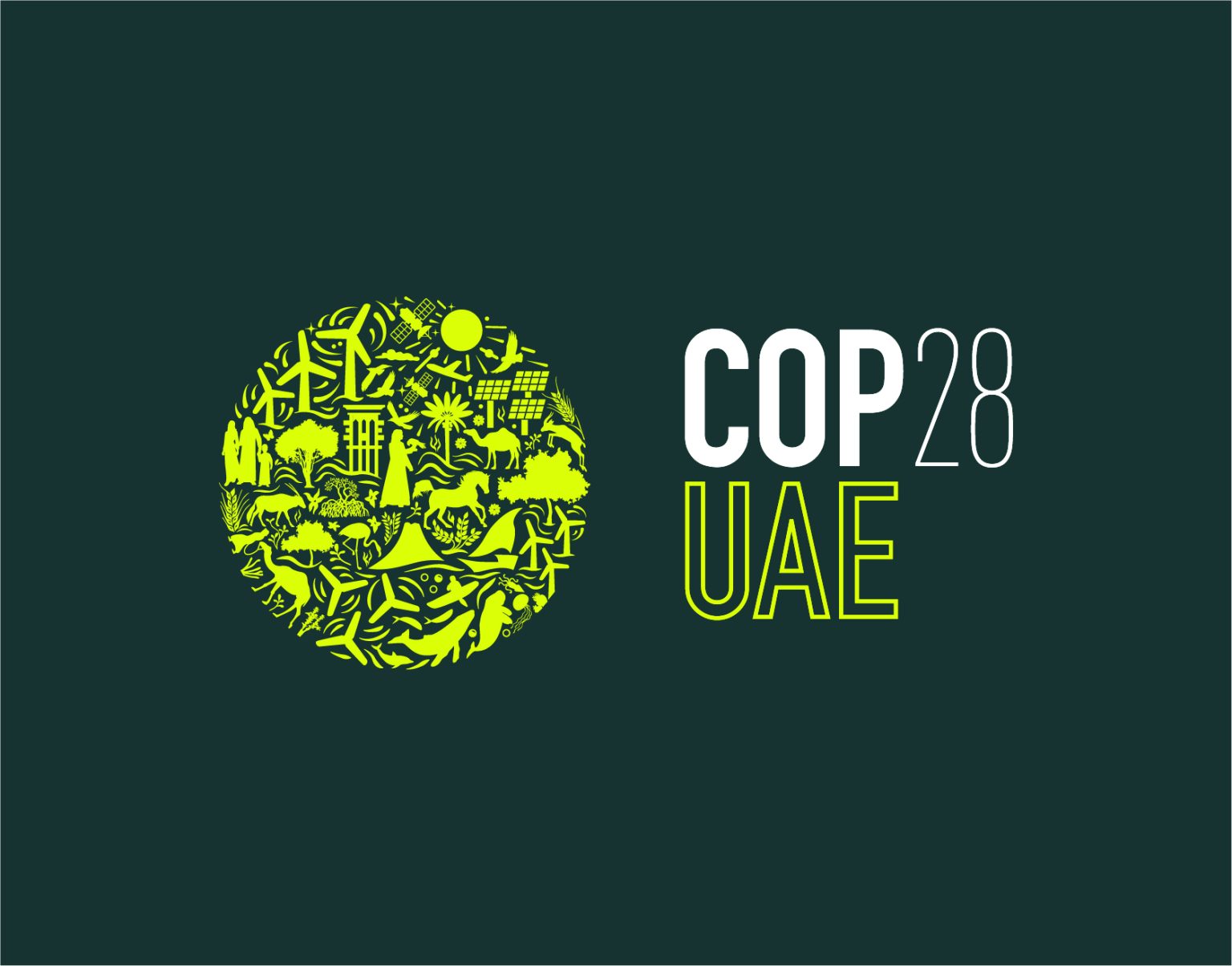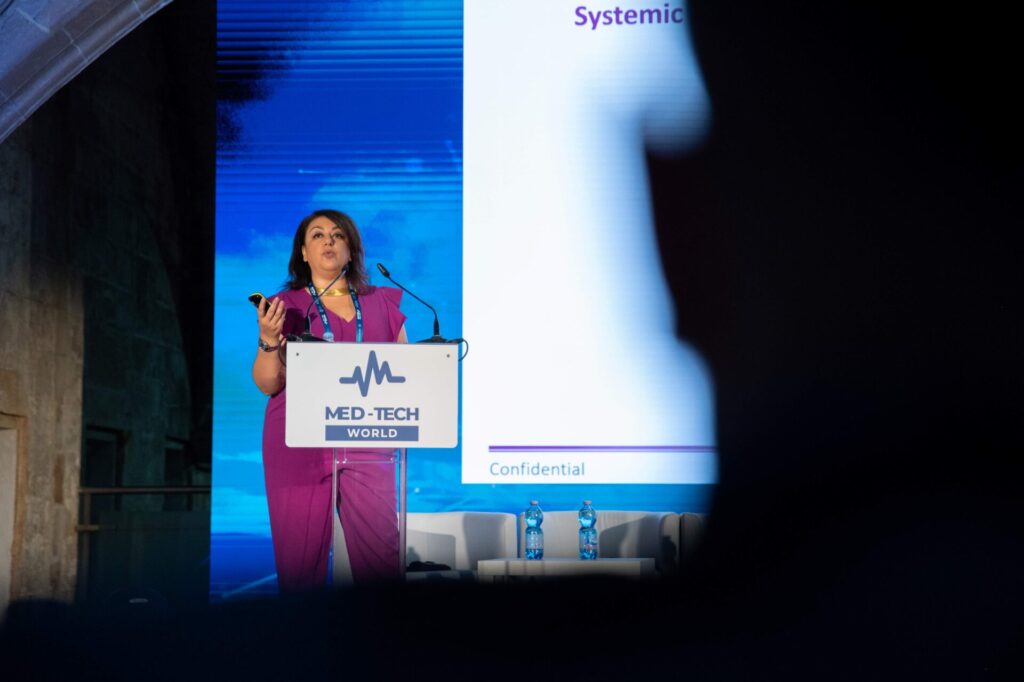
Climate and Health finally converge at COP28
At COP28 in Dubai, health finally claimed its spot on the climate change agenda, a recognition long overdue, according to health advocates. With global leaders gathering for COP28, a significant milestone unfolded with the introduction of the first “health day” at the annual UN climate summit on December 3rd.
Health takes centre stage at COP28
As global leaders gather in Dubai for COP28, health has finally landed firmly on the climate change agenda , with the first“health day” at the annual UN climate summit taking place December 3rd.
Incorporating health into climate change discussions is now more critical than ever. The escalating frequency of extreme weather events, a consequence of climate change, poses multifaceted threats to human health.
Climate change not only intensifies existing health risks but introduces new challenges to public well-being. According to the UN World Health Organization, considering just a few health indicators globally, an additional 250,000 deaths per year are projected in the coming decades due to the impacts of climate change.
During COP28, Dr. Tedros Adhanom Ghebreyesus, Director-General of the WHO, stressed the urgency of broadening discussions around environmental health, rising sea levels, and melting glaciers to encompass the direct repercussions of these climate shocks on human health.
“For too long, health has been a footnote climate discussion. No more, after what we have seen starting today. I thank sincerely the UAE for taking this historic step and making health central to its COP28 Presidency. Thank you, UAE for being the pathfinder.”
This first-ever dedicated ‘Health Day’ at a COP is highlighting several key events, including on public-private partnerships for healthcare climate action and on unlocking relevant financial and political commitments.
Key notes: Escalating climate shocks and health risks
Climate change amplifies humanitarian crises, exposing communities to escalating heatwaves, wildfires, floods, and storms. Over three billion people reside in highly climate-vulnerable areas, reports the UN health agency.
By 2050, climate-related factors like undernutrition, malaria, diarrhoea, and heat stress could lead to tens of thousands of additional deaths yearly. These impacts reverberate globally, disproportionately affecting indigenous communities grappling with the profound consequences.
Indigenous voices at COP
Representing Brazil’s ‘Engajamundo’ youth organisation, Reudji Kaiabi, a Kaiabi yudja delegate, vividly describes climate change’s toll on their Aldeia Pequizal homeland.
“Even though our community is surrounded by forests, the changes have been affecting us a lot. We’re seeing a lot of heatwaves, our plantation is dying, the community is suffering. The river has started to dry up, fishes are dying, and animals can’t live here anymore,” he said, vividly portraying the severe impact of climate change on his homeland.
As an indigenous youth at COP, Reudji urges global recognition, emphasising the need to listen, respect, and include indigenous voices in decision-making processes for comprehensive change.
Learning and adapting to climate impacts
Dr. Tedros emphasises key elements for an effective health and climate response. Recognizing the nexus of health and climate is crucial for integrating health into climate policies. Community engagement, especially with marginalised groups on the frontline, is imperative. Massive investment in health services is pivotal.
Dr. Tedros advocates for global cooperation, urging countries to learn from successful models and apply them locally, emphasising the need for practical and collaborative solutions. “We do not need to reinvent the wheel,” he underscored.
Worldwide support for novel, health-focused approach
Multiple organisations, including Wellcome, the World Health Organization (WHO), and AstraZeneca, commend the incorporation of health discussions in COP28.
Wellcome actively collaborated with the COP28 Presidency and WHO to orchestrate the inaugural COP Health Day on December 31. Additionally, they spearheaded the Climate x Health initiative in partnership with The Rockefeller Foundation, the Global Climate & Health Alliance, and Amref Health Africa.
Furthermore, WHO orchestrated the historic Health Day at COP, drawing support from over 40 million global health professionals.
Amid the global health crisis, AstraZeneca also stands at the forefront of addressing the planet’s largest public health crisis – climate change. At COP28, they join leaders worldwide to emphasise the urgent need for climate-health initiatives.
The film Can medicine be made more sustainably? showcases AstraZeneca’s commitment, led by CEO Pascal Soriot, in decarbonizing healthcare, fostering resilience, and advancing net-zero goals.
Medtech’s ESG Potential in pioneering sustainable growth.
Aligning seamlessly with COP28’s sustainability discourse, the medtech sector holds unprecedented potential to pioneer green practices and amplify its enterprise value. As global scrutiny intensifies, especially with new SEC climate-related disclosure requirements, the medtech sector faces transformative pressures.
While it contributes significantly to healthcare emissions, adopting sustainable practices becomes imperative. Key focus areas encompass single-use devices, product packaging, manufacturing, and supply chains.
Remarkably, reprocessing medical devices offers a sustainable solution, slashing costs and reducing environmental impact.
Leading players like Medtronic and Edwards Lifesciences embrace these changes, operationalizing sustainability for long-term success. While challenges persist, aligning with stakeholder expectations, establishing commitments, and fostering innovation will propel medtech companies toward a future of ESG-driven growth and positive global impact.
About COP 28
COP28, the 28th Conference of the Parties, gathers over 70,000 global participants, including heads of state, industry leaders, and youth representatives. Hosted in Dubai under Sheikh Mohammed bin Rashid al-Maktoum’s patronage, it’s a pivotal moment for nations to address climate change and collaborate on impactful policies.
Med-Tech World to hit Dubai Festival City in February 2024
Mirroring the significance of COP28 in Dubai, the Med-Tech World Summit (MTW) debuts its 2024 agenda in the same vibrant city.
On February 26th at the Intercontinental Dubai Festival City, MTW brings together healthcare visionaries and pioneers, promising a day that fuels transformative advancements in medical technology. The UAE’s commitment to healthtech innovation and investment makes this convergence a must for global investors and industry leaders.
you might also like
view all






